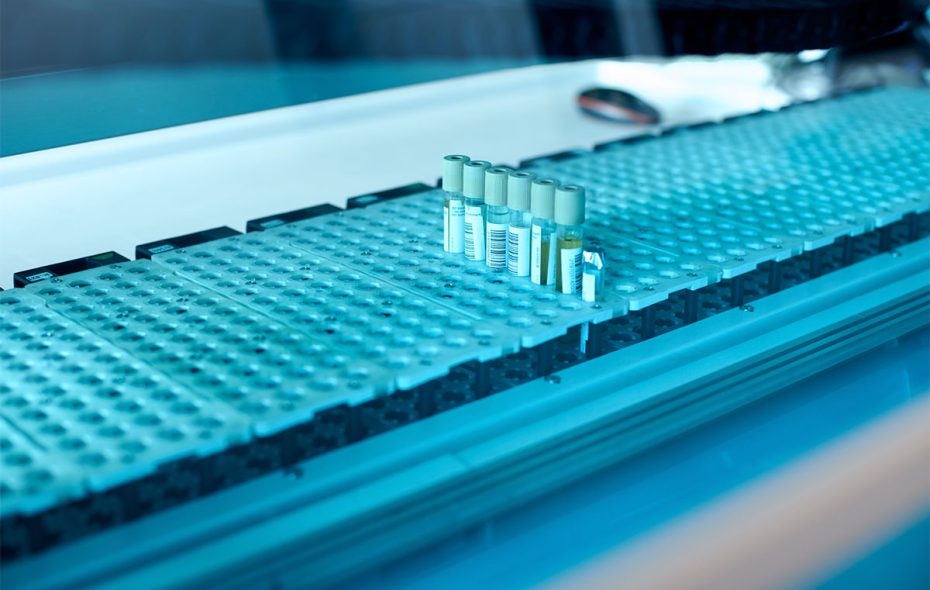
Following the completion of the sequencing of the entire human genome in 2003, dubbed ‘Human Genome-read’, a team of over 20 scientists, along with business people and policy leaders, have created ‘Human Genome Project-write’. Launched in June 2016, the key aim of the open, international research project is to develop new technologies for genome-scale engineering, creating whole genomes from scratch. HGP-write is based at the independent, virtual and non-profit Center of Excellence for Engineering Biology.
The first step will be to synthesize the equivalent of 1% of the human genome, to assess the feasibility and value of the project. These pilot experiments will be selected to provide information that can be applied to early stage biomedical research and development. Once the project is fully under way, potential applications could include:
HGP-read provided researchers with a ‘blueprint’ for life, and while large-scale studies have gained some major insights from this information, there are still a lot of gaps in our knowledge. The process of building human and other genomes from scratch by writing DNA has potential to fill in this missing information, as well as using engineering biology to solve problems in health, agriculture, manufacturing, energy and nutrition.
HGP-write will generate a huge quantity of information linking genotype and phenotype. This will result in novel applications in healthcare, green and white biotech as well as new genomics analysis technologies. Some forecast a 1000 fold reduction in the cost of engineering and testing large genomes. However, the vast potential also opens challenging ethical questions. It may become possible to create animals but also humans, without parents. It will become clearer what genetic changes may lead to desirable phenotypic changes. Not just disease modifying but possibly appearance and capability modifying. None of this will happen overnight but as capability improves we do face some ethical questions.